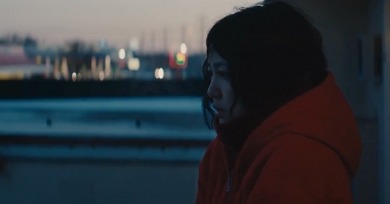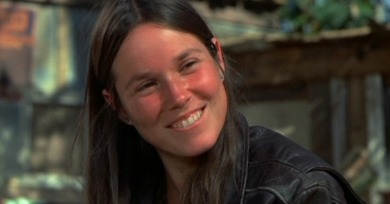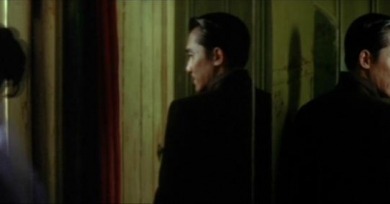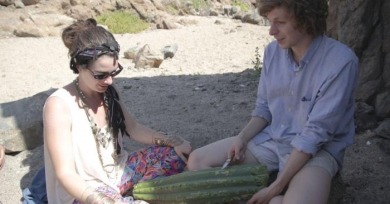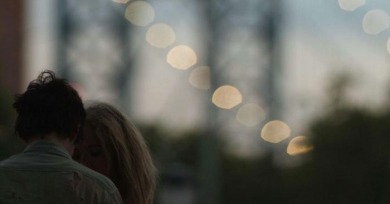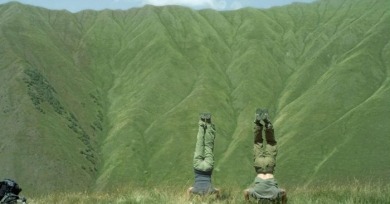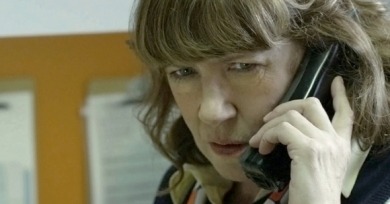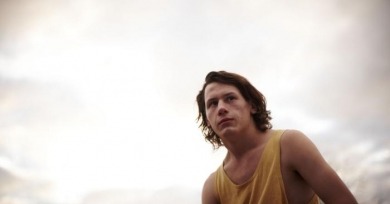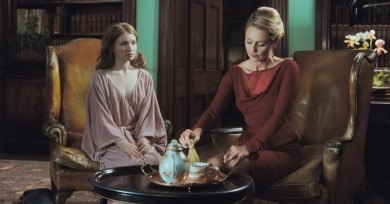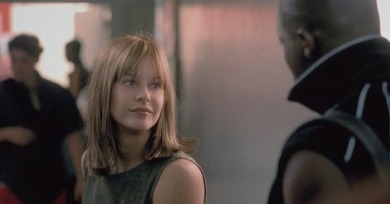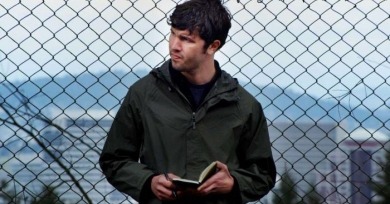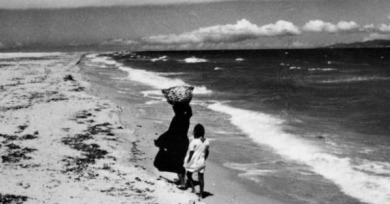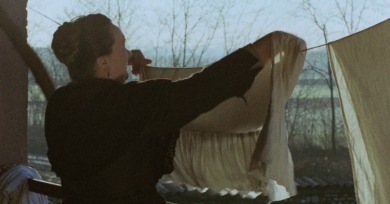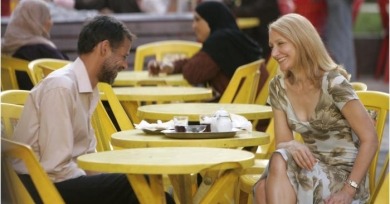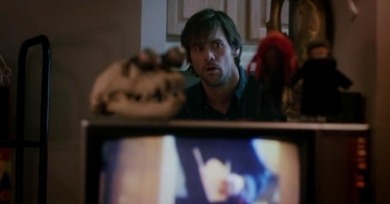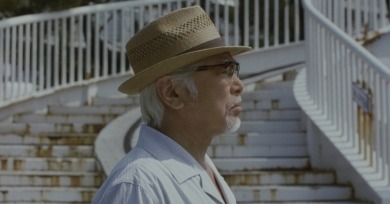Kristi Mitsuda
As in their previous features, the Zellner brothers mine absurd situations for humor while encouraging empathy for the individual at the film’s center through a steady diet of closely observed details.
Marginalized within her own story, Bertha nevertheless takes up a large amount of screen time, but Scorsese seems at a loss as to what to do with her. And her blankness creates a hole in the film.
Seemingly shrouded in layers of unknowable mystery, it becomes, after a second look, stunningly lucid though still as exhilaratingly hazy as human recollection; Wong’s poetical style has never found so perfect a match in subject matter.
While the limits of Michael Cera’s obliviously adorable moppet act are on full display in Arrested Development, Sebastián Silva’s Sundance-winning Crystal Fairy provides the actor an opportunity to show off the unexpected and fun flip side of the coin: an obliviously assholish millennial.
The simple attribution of political consciousness to a protagonist—as a fact of character, a defining trait among others—felt bracing (and still does) in the face of a national cinema that tacitly encourages the walking of a bipartisan line.
In Jack and Diane, writer-director Bradley Rust Gray attempts an intriguing hybrid. A claustrophobic opening shot deposits us in a bathroom, where we obscurely view red drops falling on a toilet bowl seat and into the water.
Exposition is nearly nonexistent; no subtitles are provided for the non-English dialogue—putting us in the place of the protagonists, travelers of differing national origins in a foreign country—and we only learn the names of people and other particulars as the story moves along.
If Compliance seeks to sift through the events to help us make sense of how they could take place and we leave still rather incredulous, then on the whole it must be taken as a failure.
But how does a film premised mostly on succeeding in the seemingly impossible technological task—at the time—of creating lifelike dinosaurs play now in an era when the bar gets raised ever higher in terms of special effects?
Justin Kurzel doesn’t pull any punches in his first feature. Providing no easy signposts by which to navigate, the filmmaker plunges us without fanfare into sordid depths, based on real events that took place in Australia in the nineties.
Sleeping Beauty is withholding to a fault, providing only the barest scraps of information about protagonist Lucy (Emily Browning), a perverse set-up since affording her a voice and the expressive capacities of consciousness would seem to be the film’s raison d'être.
Redeeming the film in full isn’t part of the plan—In the Cut remains upon repeated viewings something of a mess—but it’s still a fascinating work to examine.
Fair to say, my life in New York revolved around movies. It’s no wonder that leaving again—about two and a half years ago, I moved to Portland, Oregon, for the hell of it, ready for a new experience—felt almost like I was banishing myself from the film world.
The movement that doesn’t want to be known as “mumblecore” has been maligned for its focus on privileged, white twentysomethings (though to this charge, I’d argue that most American films focus on privileged, white something-or-others).
Opening images of cloud-strewn skies, waves lapping the shoreline, and parched expanses of land coupled with an incantatory, poetic voiceover (written by Benacerraf and Pierre Seghers) set an epic tone from the start.
Unlike Olmi’s more straightforwardly realist depiction of the hopeful beginnings of a clerical worker en route to a humdrum existence in his heartachingly lovely breakthrough Il Posto, Wooden Clogs—which won the Palme d’or at Cannes in 1978—contains moments of idyllic allure.
Canadian writer-director Ruba Nadda’s Cairo Time, like her last feature, Sabah: A Love Story, superficially explores Arab and Western relations on a microcosmic scale, as played out in a romance between a man and woman gazing at one another from across the cultural divide.
Eternal Sunshine raises a sci-fi rumination on memory, love, and loss to the heady heights of modern masterpiece.
Intended as a romantic comedy for the indie set, Peter and Vandy—written and directed by Jay DiPietro and based on his play of the same name—starts out promisingly enough despite its predictable predilection for Pitchfork-sanctioned songs.
Hirokazu Kore-eda’s films are haunted by the specter of death—from the exquisite undercurrent of loss infusing Maborosi to the explicitly gimmicky conceptualization of the hereafter in After Life to the looming danger hovering over the abandoned children of Nobody Knows.
